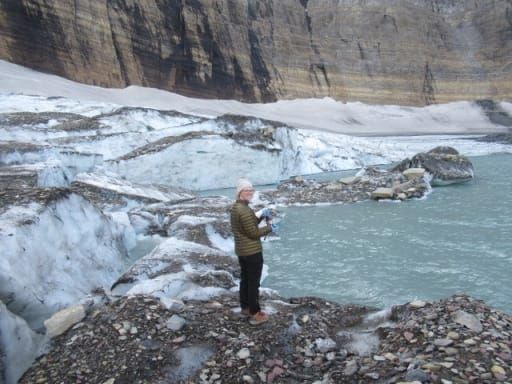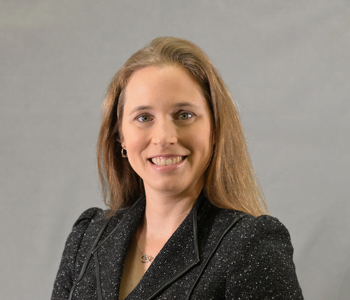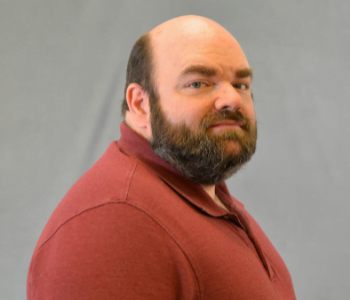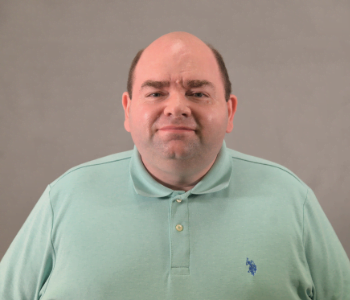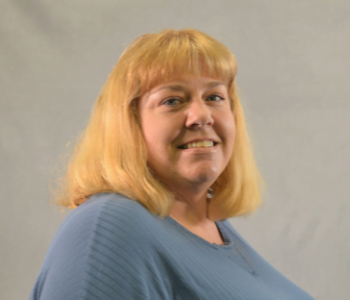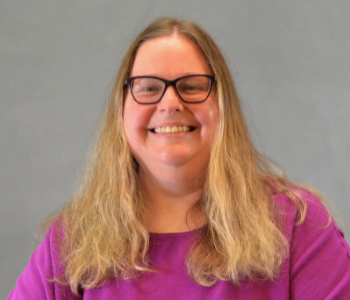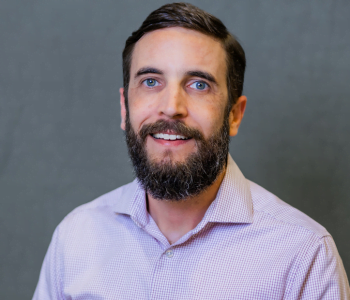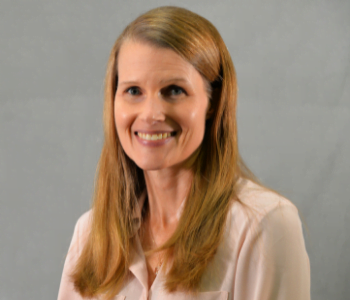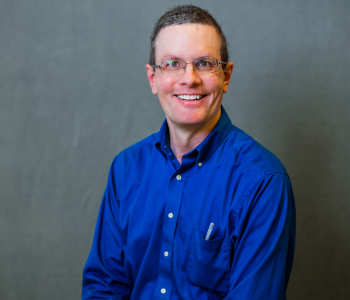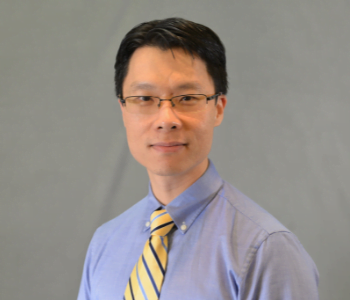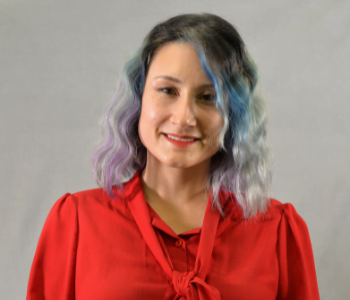SEA-PHAGES
The Science Education Alliance – Phage Hunters Advancing Genomics and Evolutionary Science – is a two-semester, discovery-based, undergraduate research program. Students can participate in one or both courses.
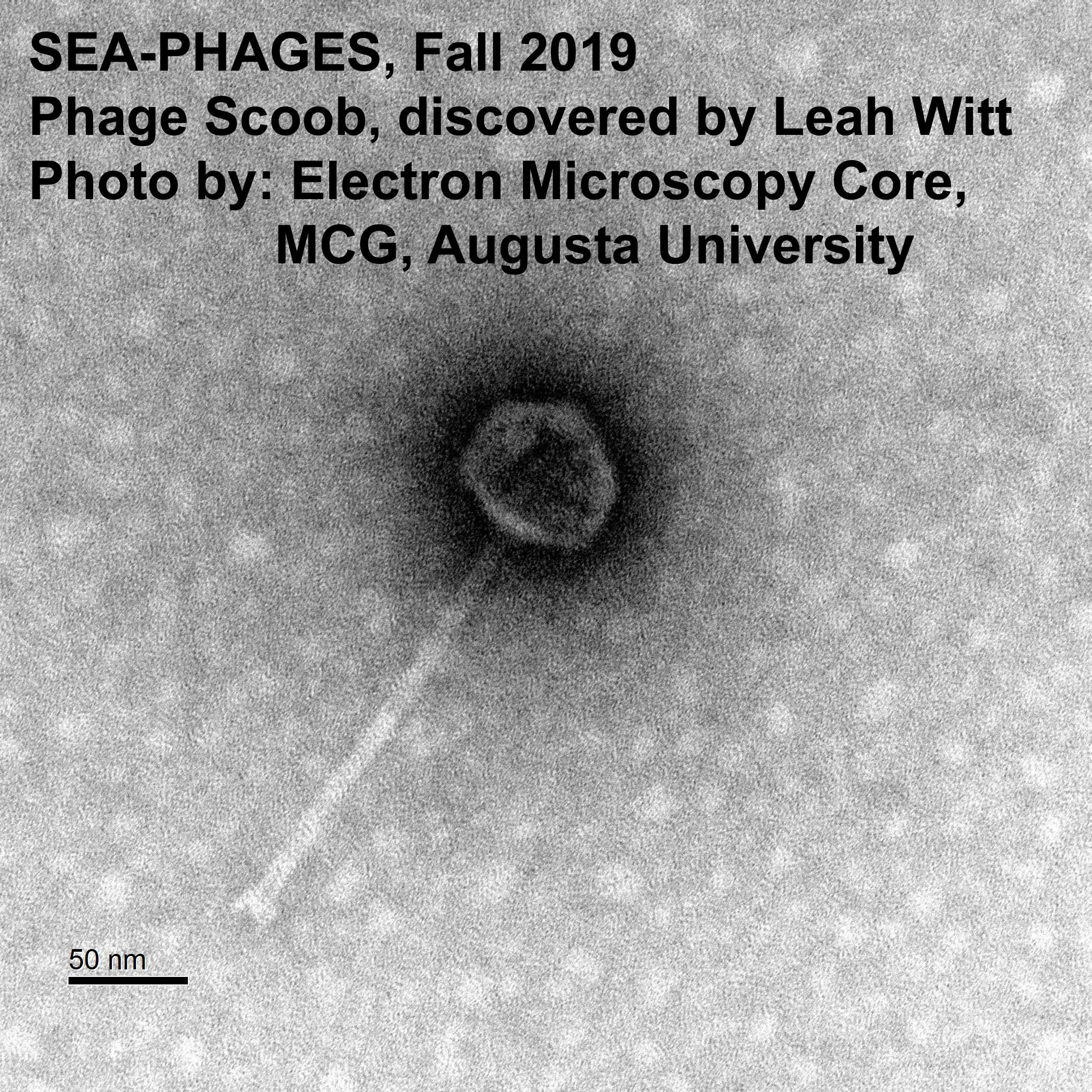
The program is administered by the University of Pittsburgh in conjunction with the Howard Hughes Medical Institute. Bacteriophages (“phages”) are viruses that infect and replicate within bacteria and archaea, ultimately killing their host bacteria. They are target-specific and can attack host bacteria without harming the human body. The use of phages can be an effective tool to combat bacteria that are resistant to antibiotics. Bacteriophage exists abundantly in the soil, which is where students start in the first part of the course.

